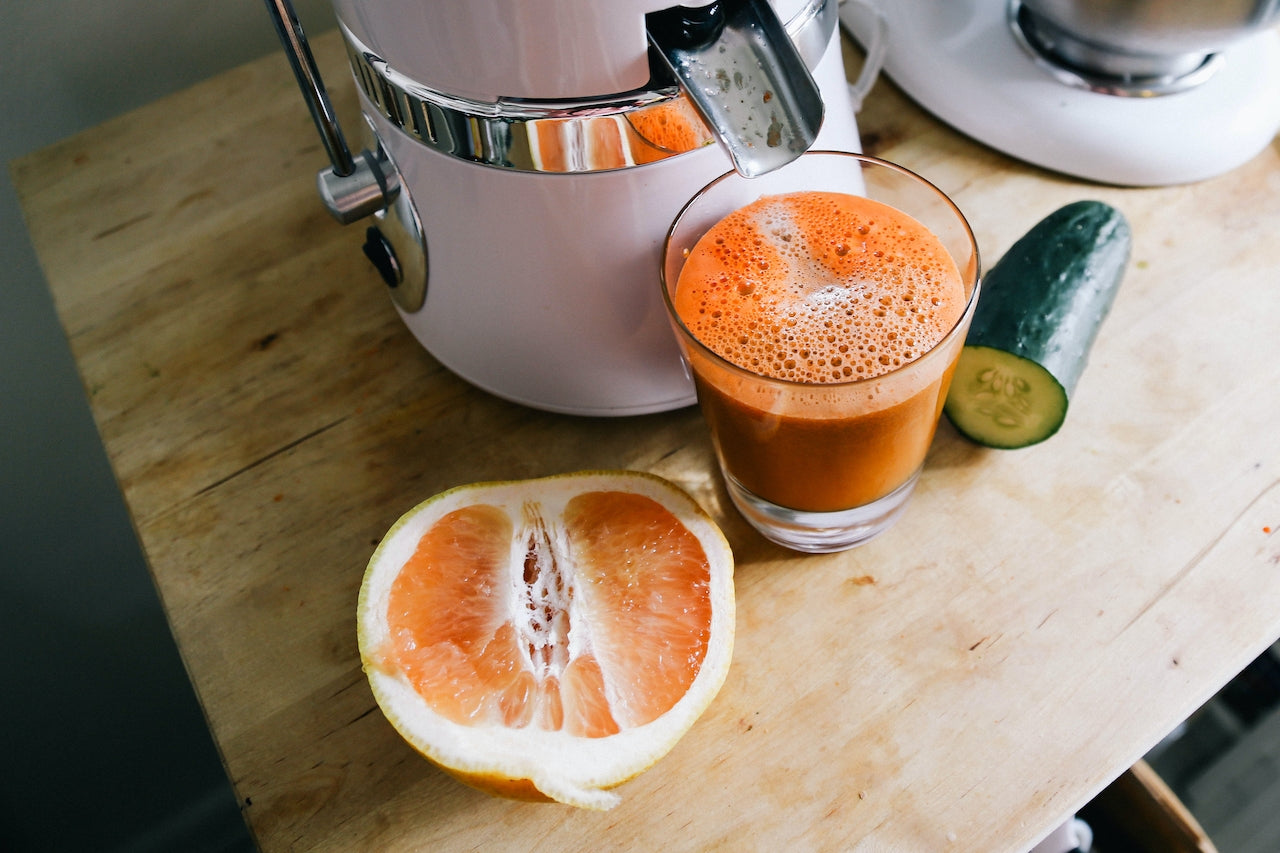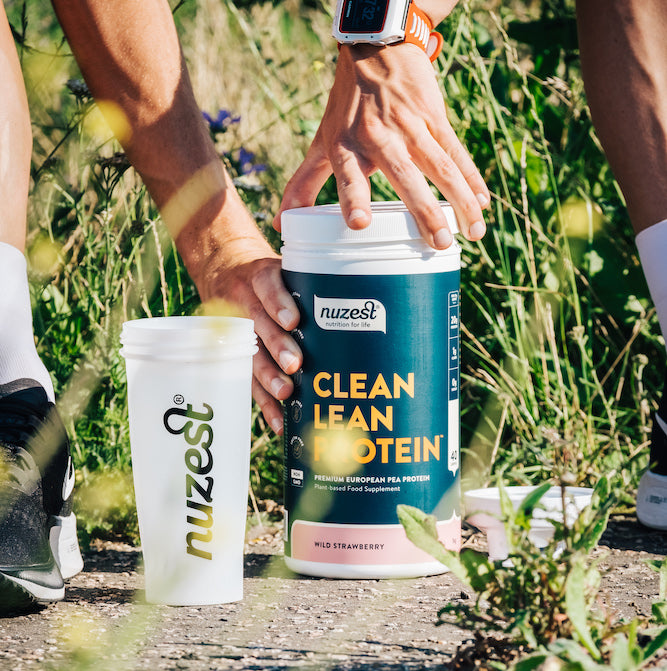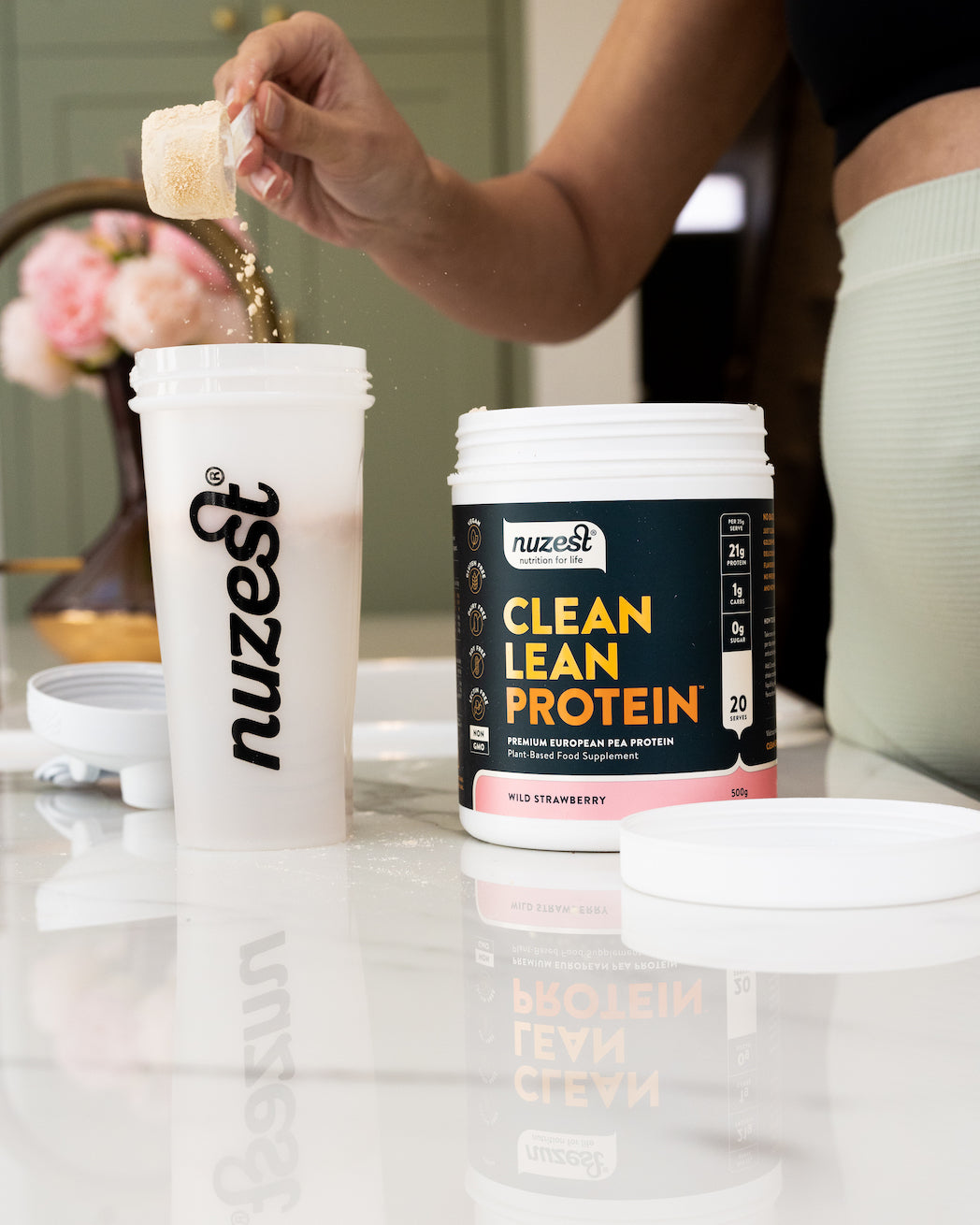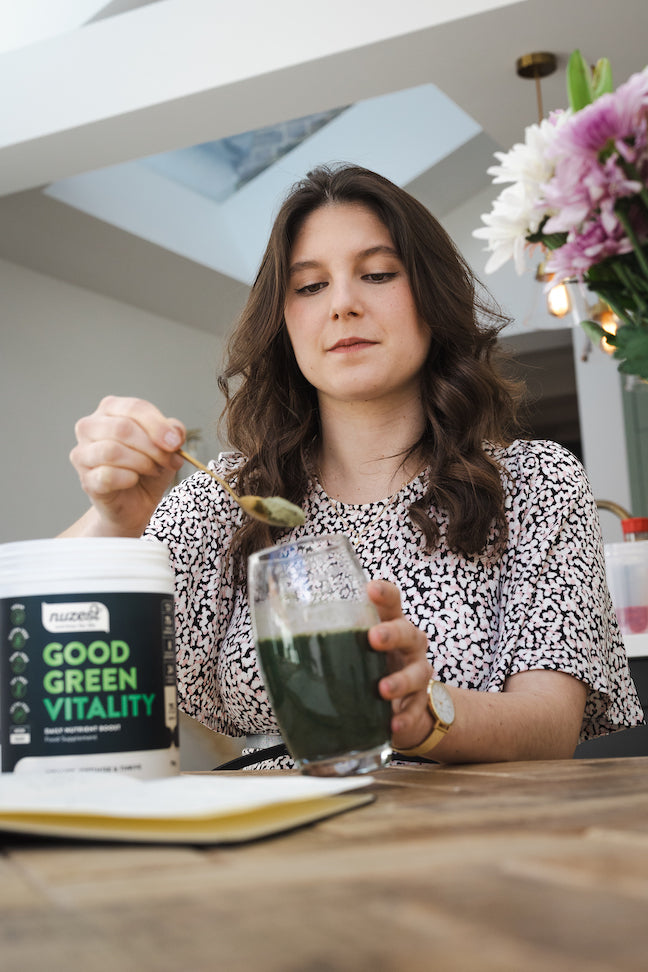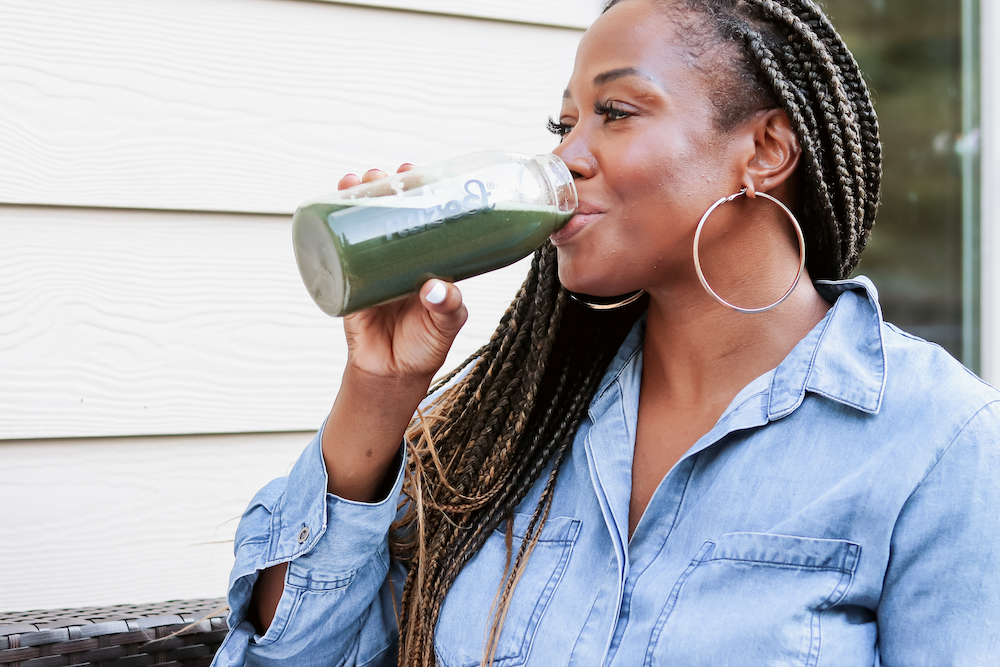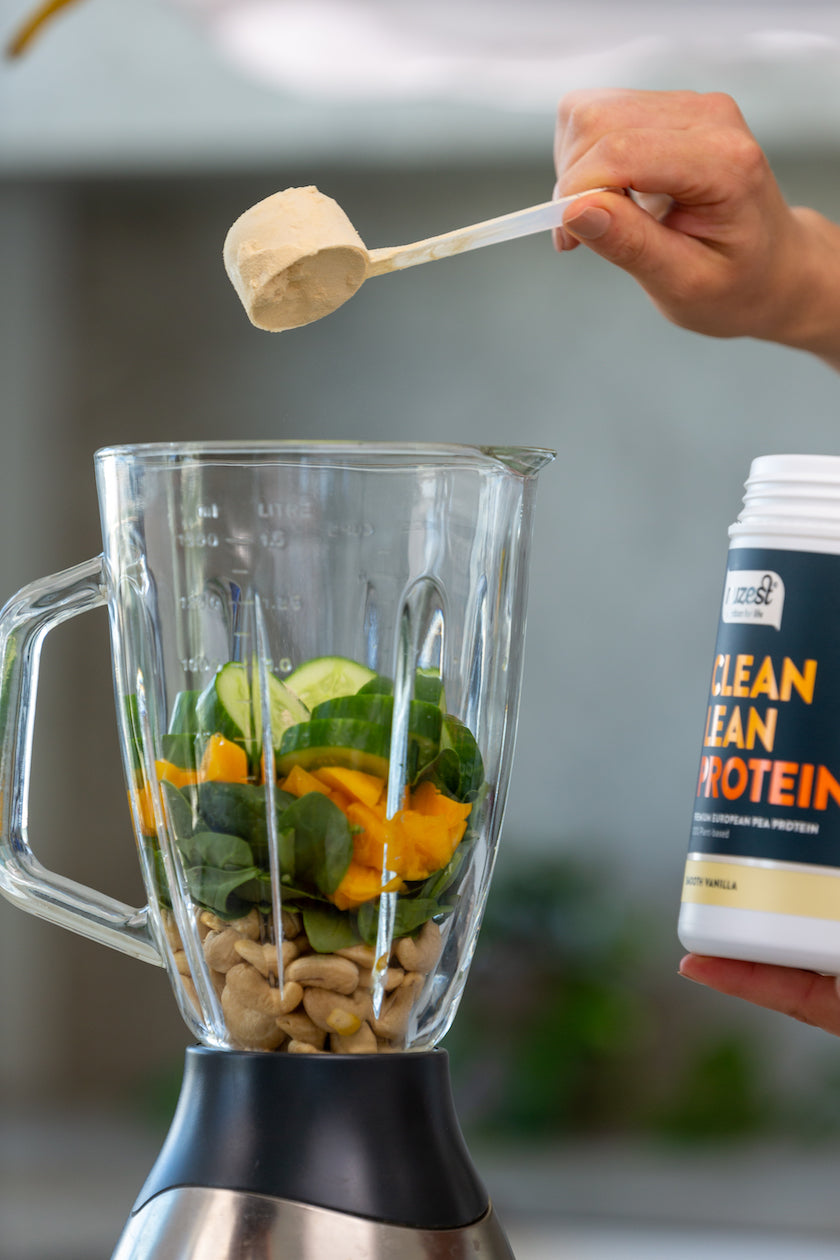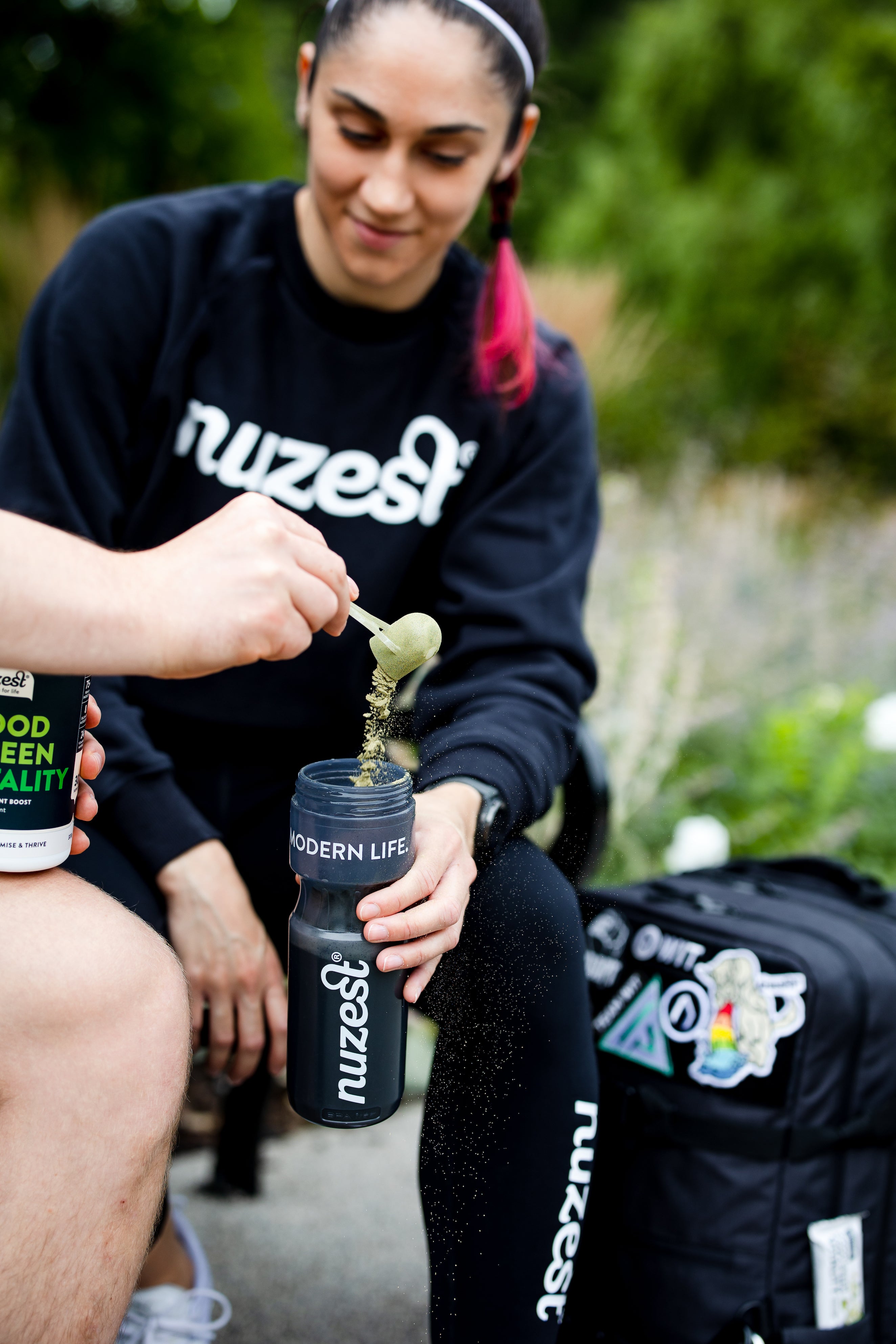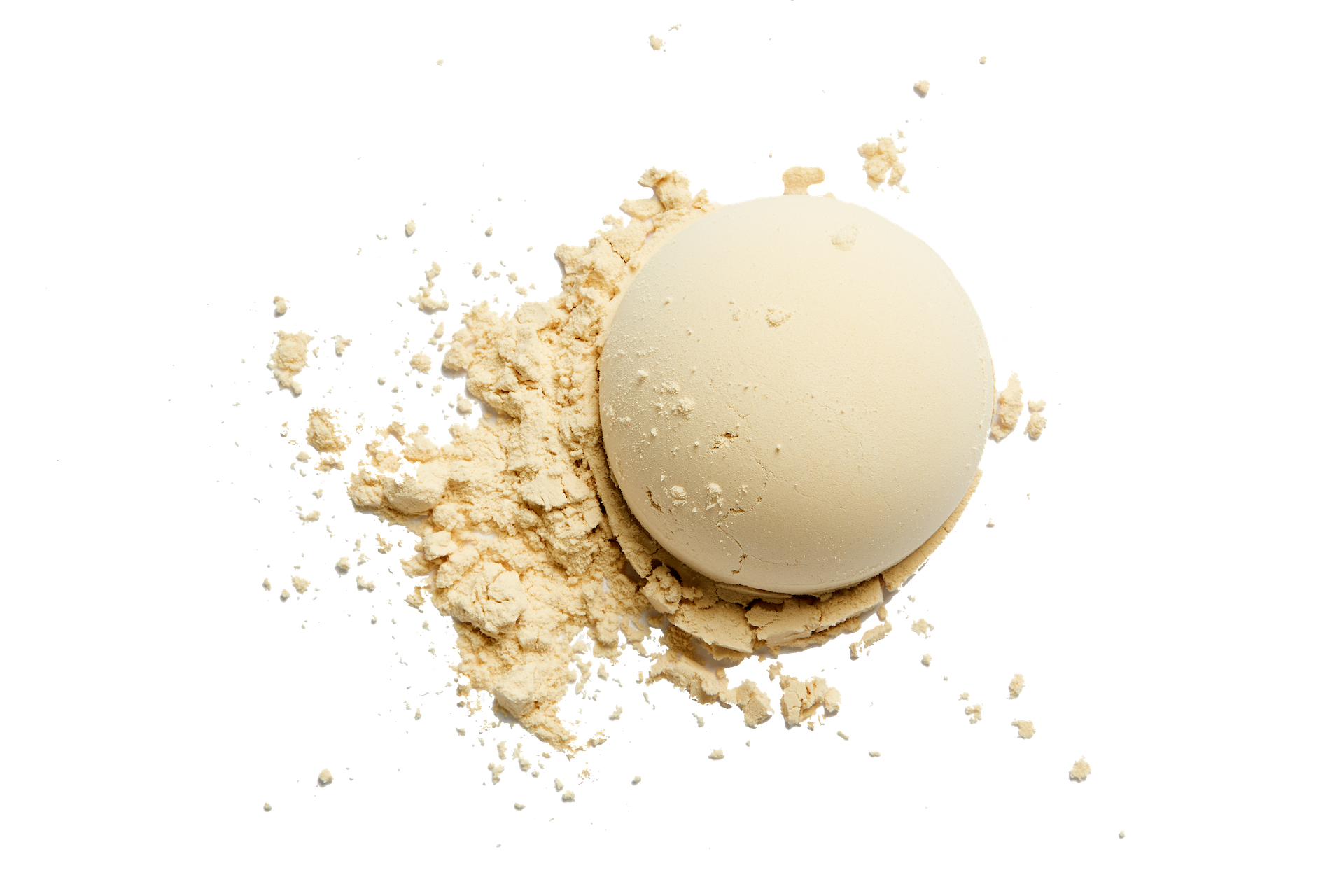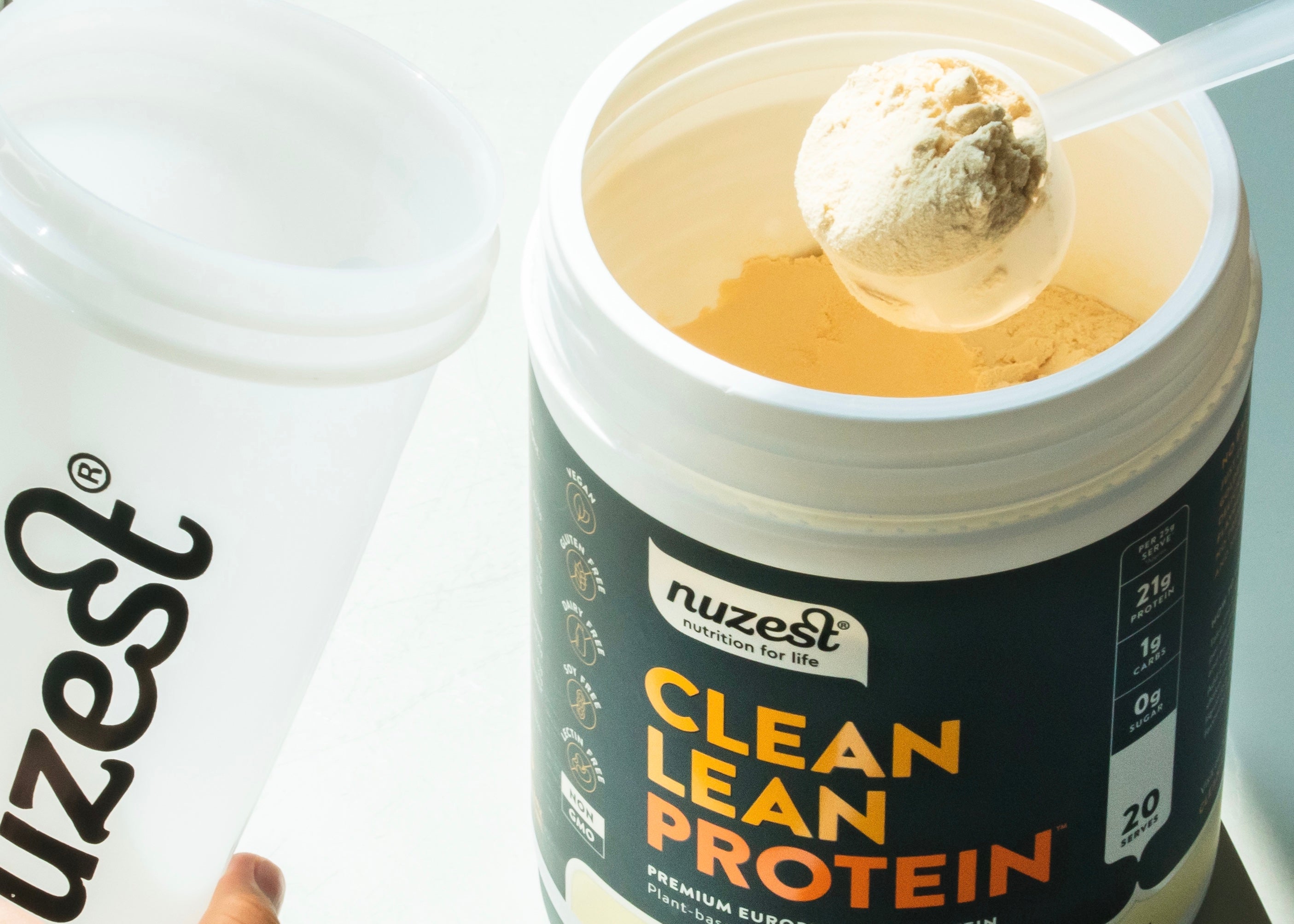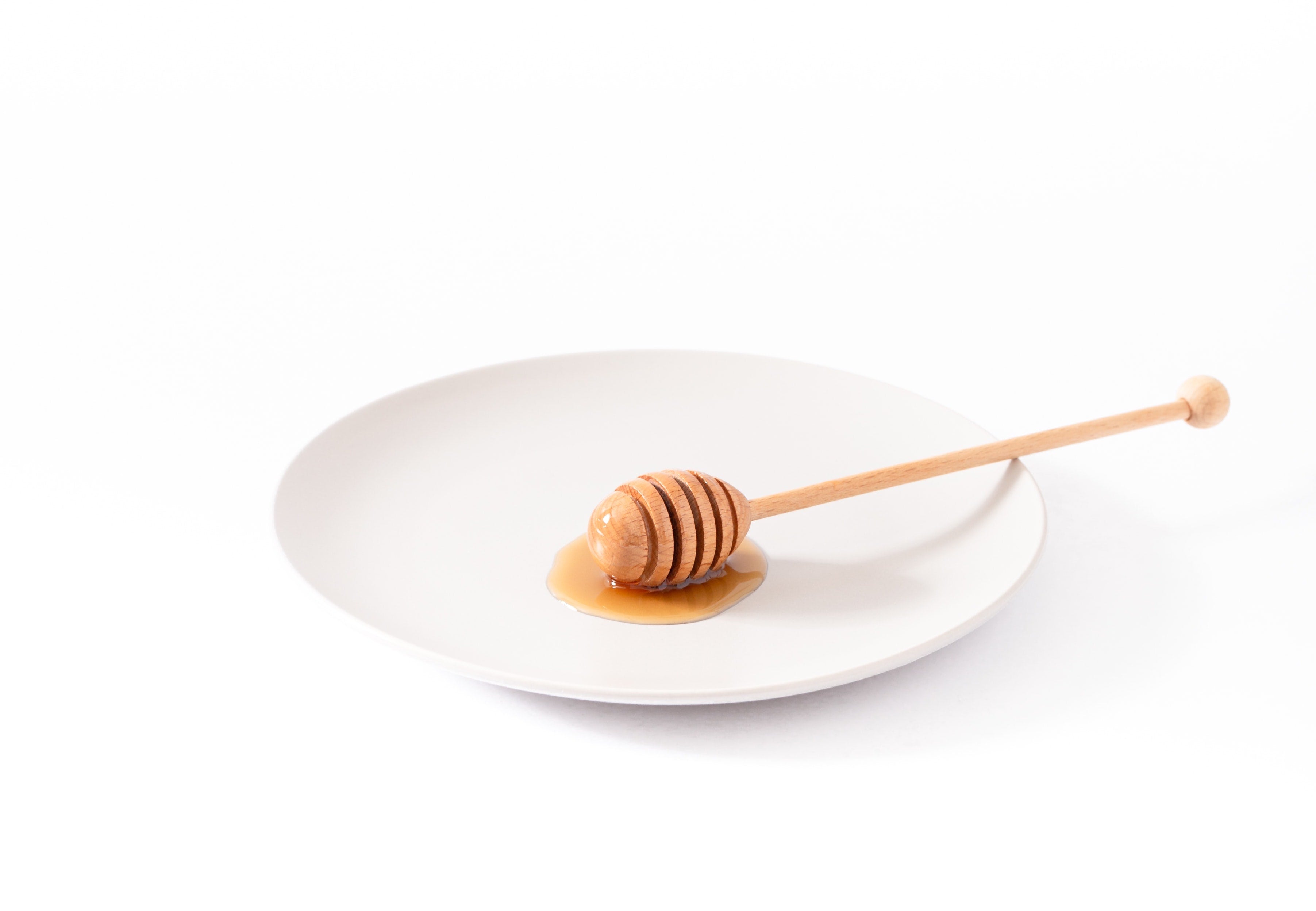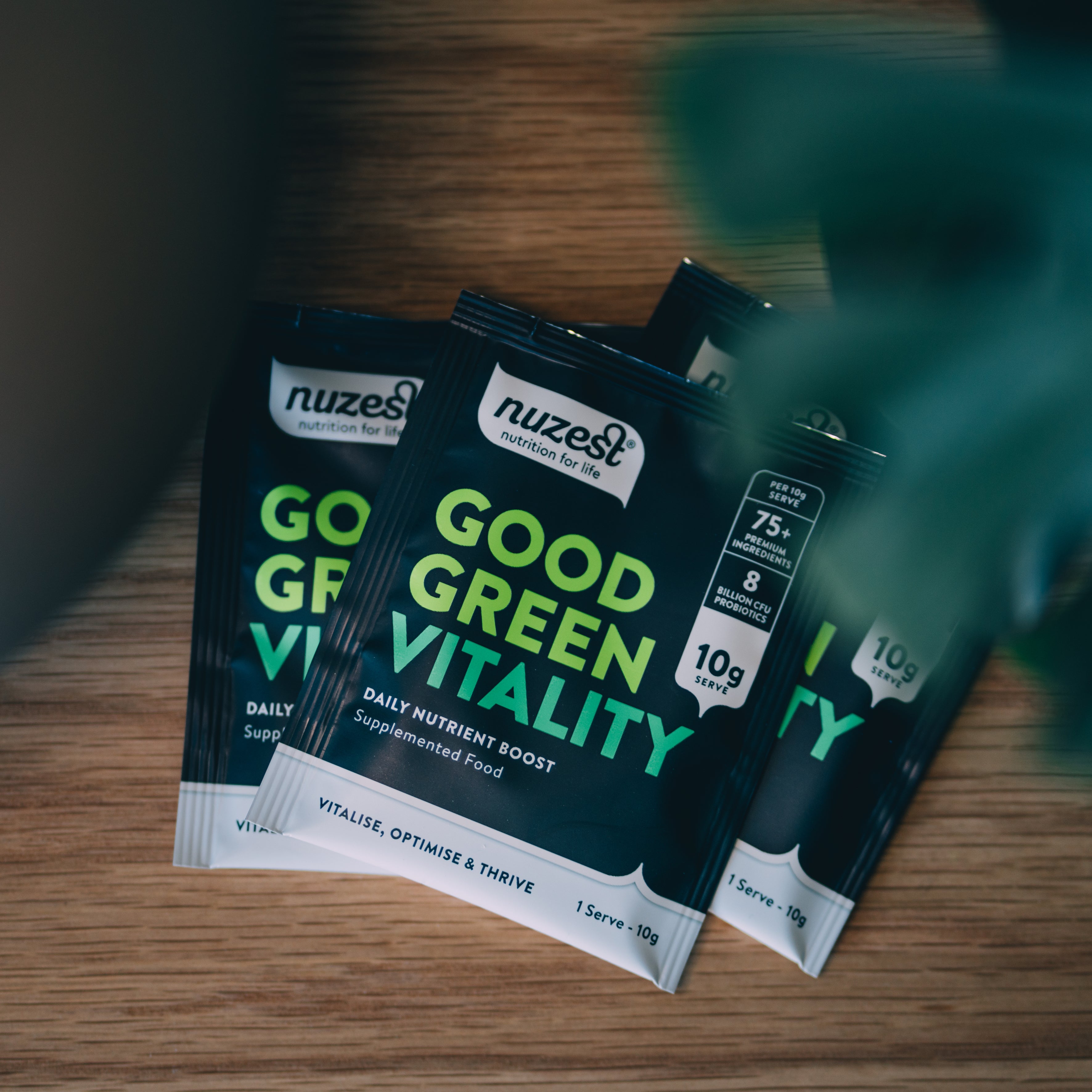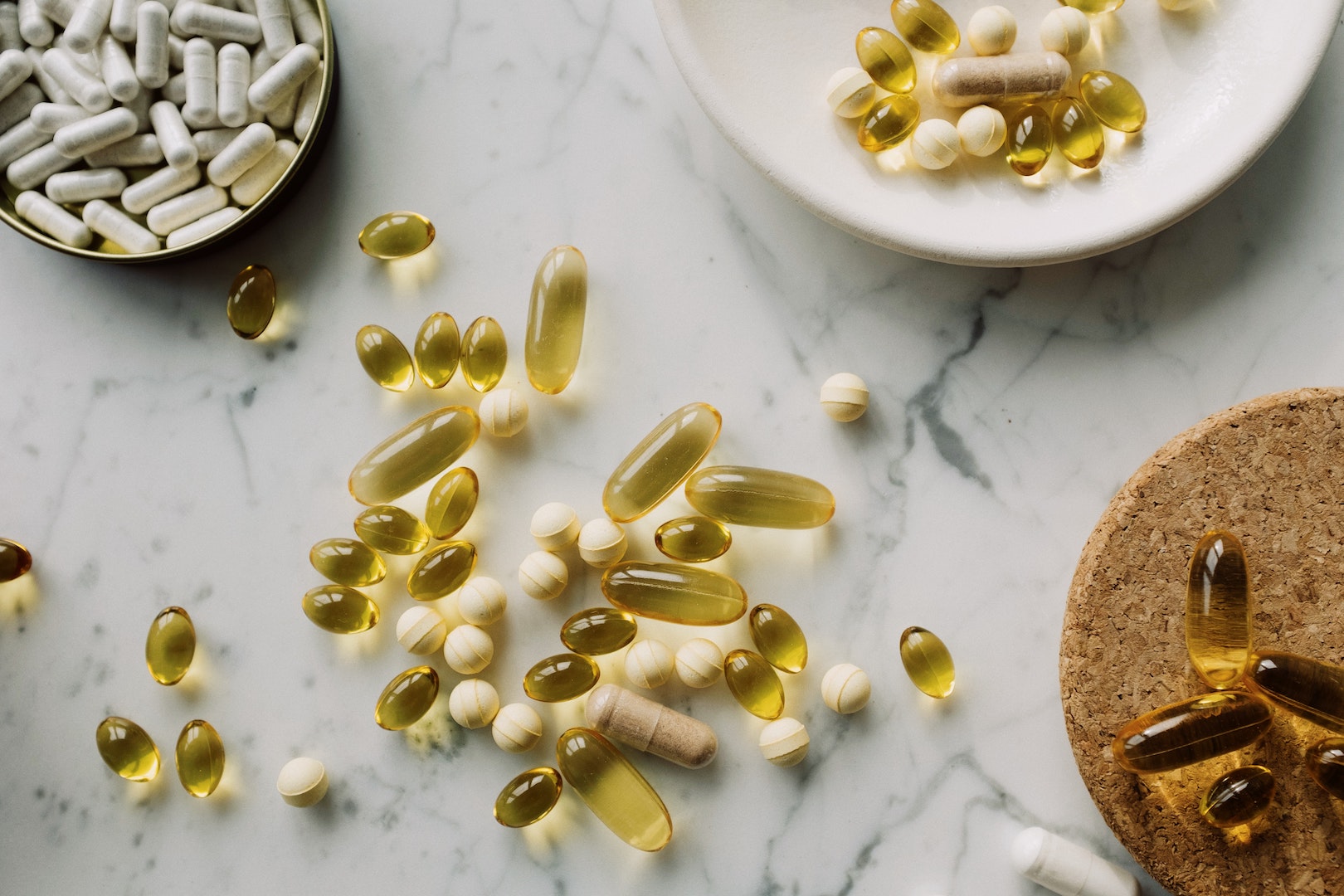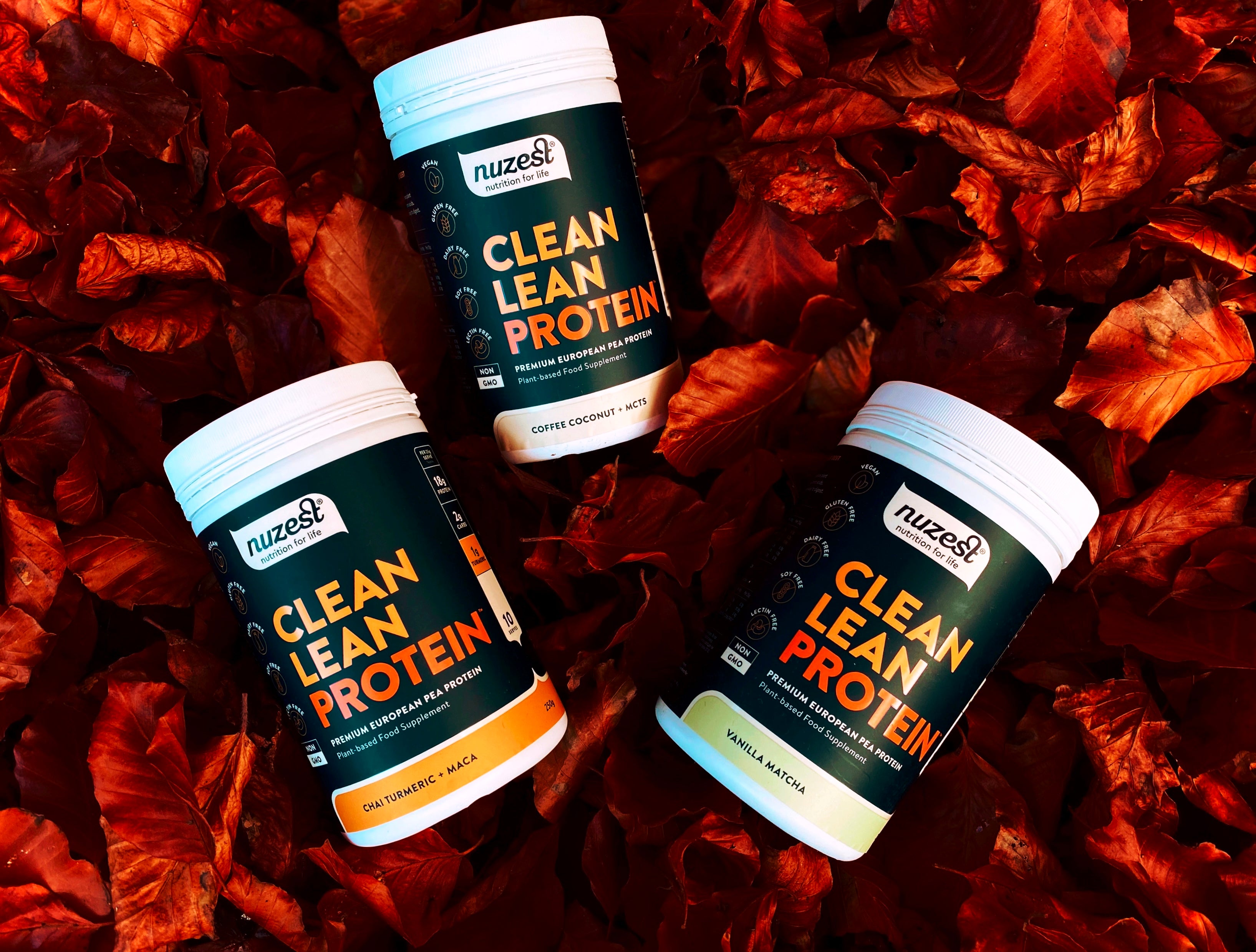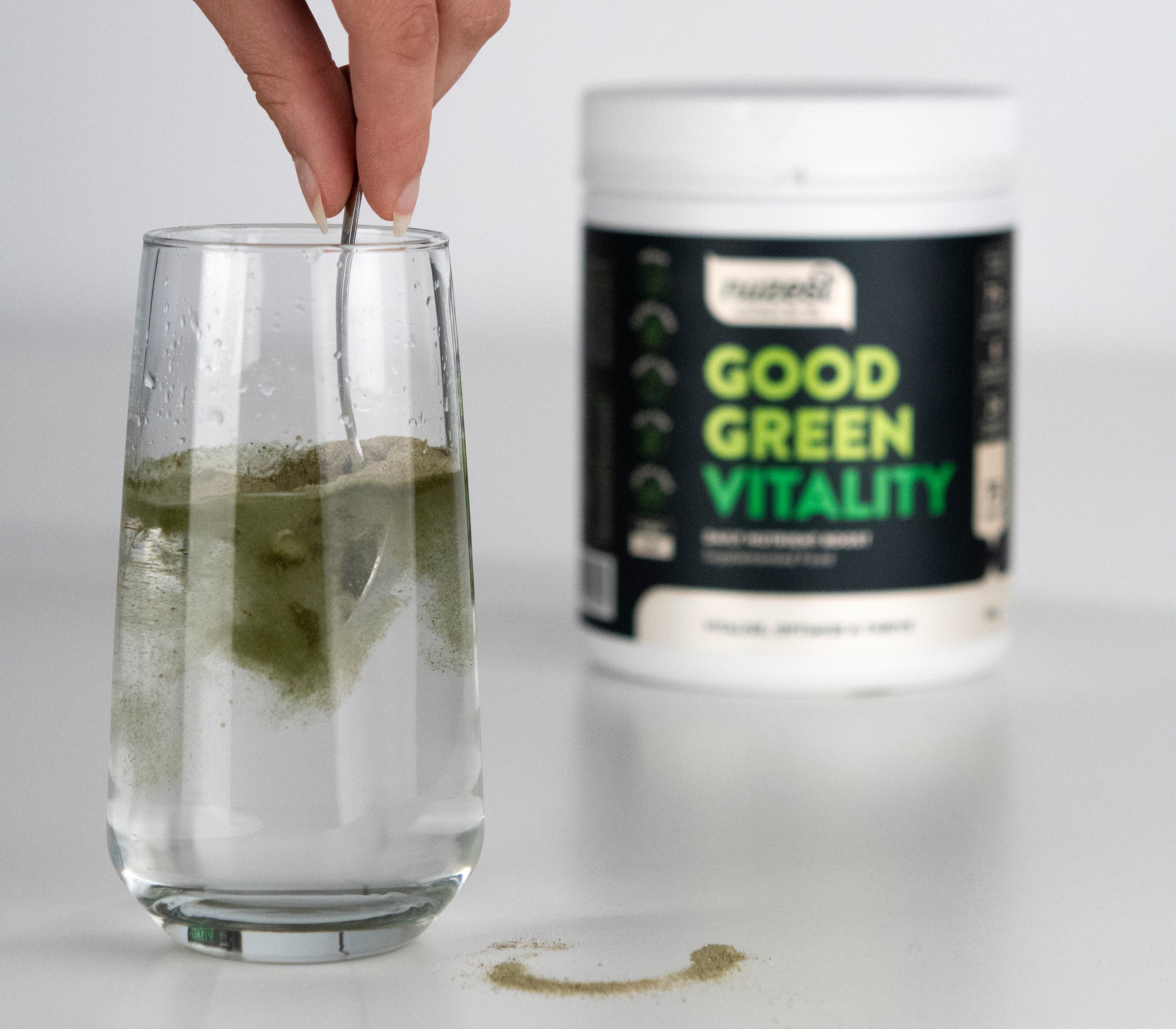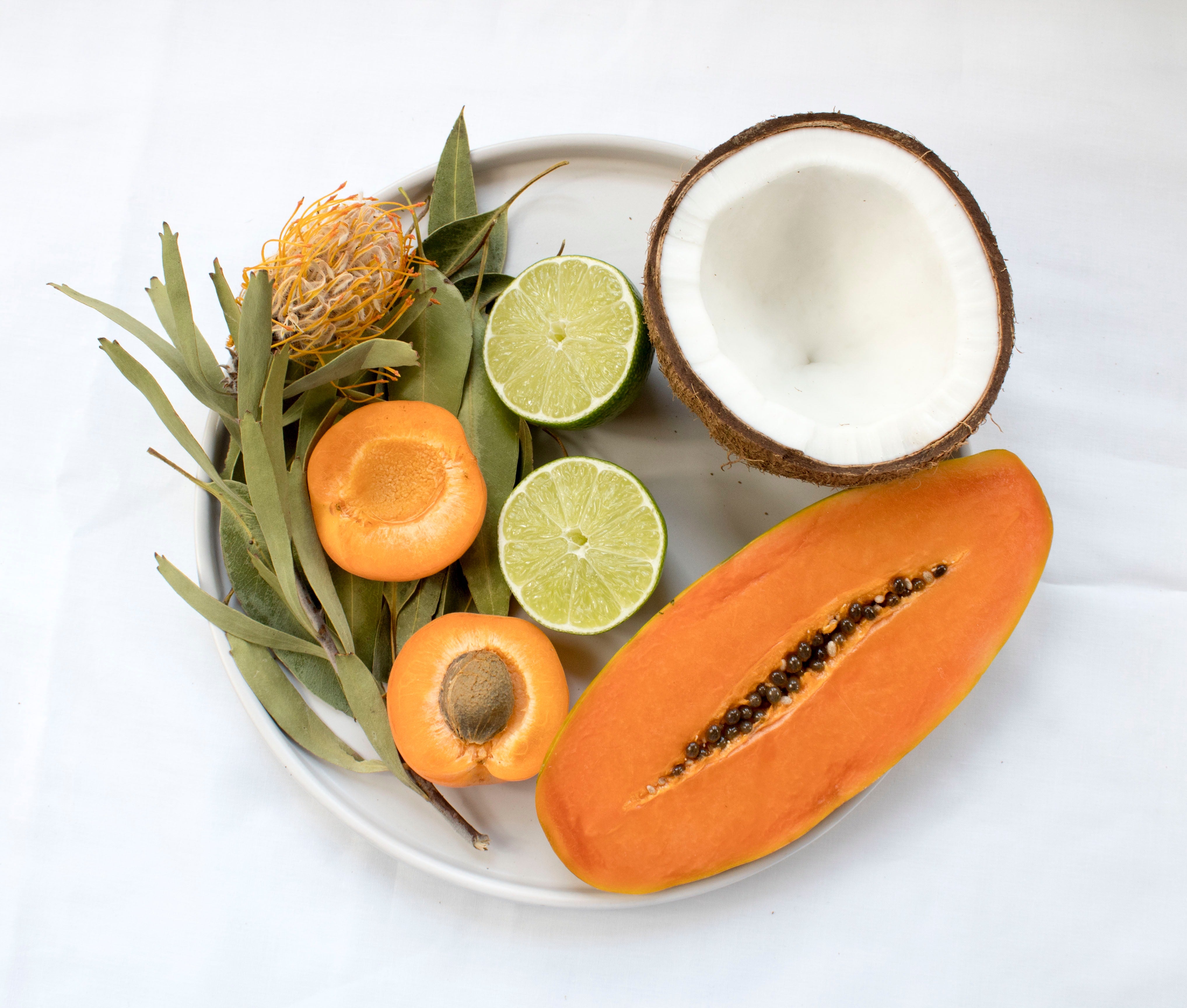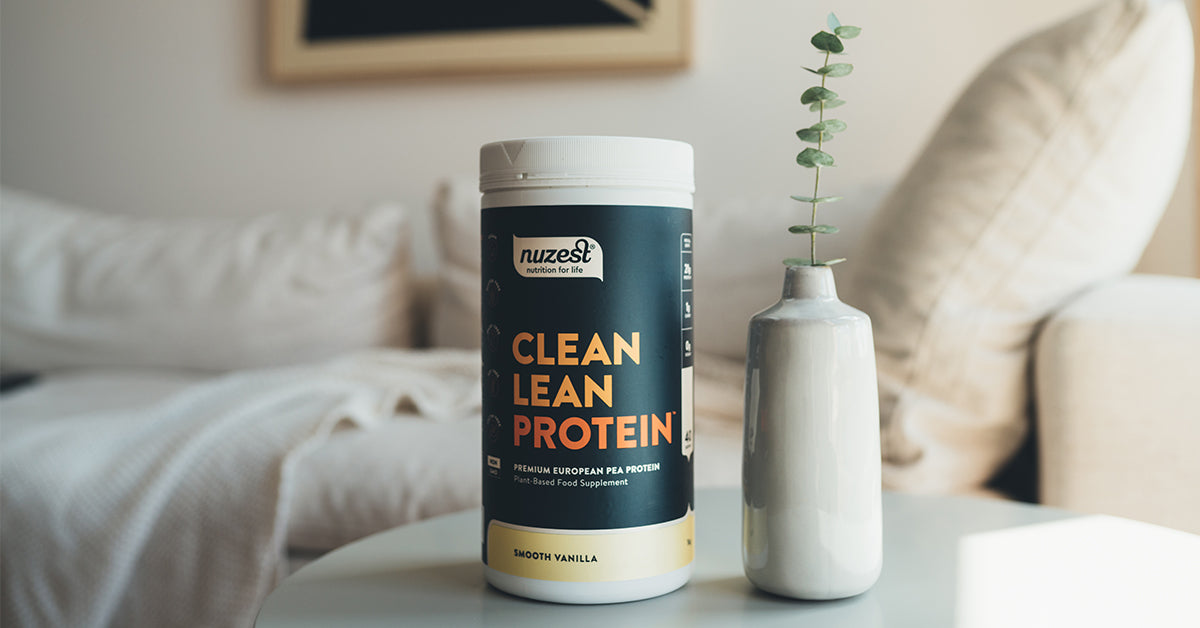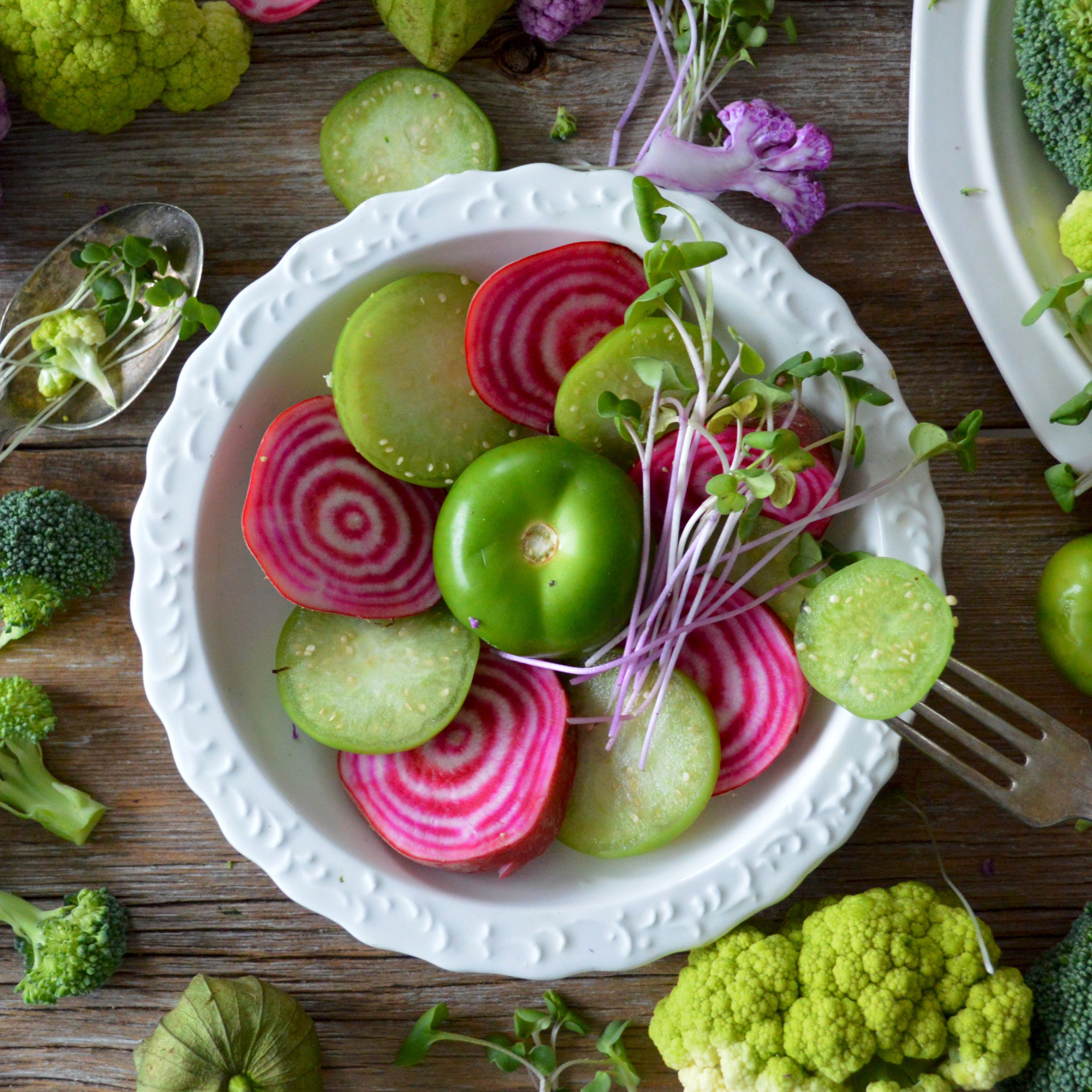Our dietary choices influence not only our energy levels, but the chemicals in our brains, which are highly responsive to our food intake. Believe it or not, your comfort food is a temporary fix. A completely different happiness; one that really isn’t going to roll over into the next day.
Instead, eat yourself happy with the following foods…
Dark Chocolate
Yes, that’s right, who would have thought…chocolate!!
Chocolate is associated with pleasure and happiness, which explains why it is known as the ultimate mood booster, but there is more to chocolate than the effect it has on our tastebuds.
Although we’re talking about the 70-90% kind, sorry white chocolate lovers! Dark chocolate has a higher polyphenol content in comparison to other chocolates, and in fact, most plant-based food and beverages, believe it or not.
Cocoa, the main ingredient in dark chocolate, displays high antioxidant effects in the form of cocoa-polyphenols, which could explain why dark chocolate has been recognised as having potential health benefits. Further to this, polyphenol rich-chocolate has been shown to reduce symptoms of anxiety. In one particular study, healthy middle-aged participants received a dark chocolate drink mix for 30 days. It was found that the polyphenol-rich dark chocolate improved self-rated calmness and contentedness.1
Oily Fish
Oily fish is a major source of Omega-3 fatty acids, these fatty acids, although they sound daunting are important for maintaining our cognitive function. We cannot produce Omega-3 fatty acids, and so it is up to us to consume foods rich in Omega-3.
Docosahexaenoic acid (DHA) and eicosapentaenoic acid (EPA) are 2 omega-3 fatty acids that are found in oily fish such as salmon and tuna. Consumption of these two acids have shown to reduce the likelihood of depressive symptoms and be beneficial towards mental health.
Tryptophan, an essential amino acid, is essential for the creation of serotonin in the body (the happy hormone), it can be found in all seafood, in particular, tuna (a whopping 120% of your recommended daily intake per 100g!!)
Yoghurt
A body of research shows that the microbiota in our gut is linked with the brain, otherwise known as the microbiome-gut-brain axis. It is essentially the missing piece to our puzzle, and could explain why gastrointestinal illness can hold an impact on our mental health. 90% of our happy hormone resides in the gut, and our gut microbiota can influence how much serotonin is actually produced - so if our gut health is off, our mood may be too!! yikes.
The probiotic Lactobacillus found in yoghurt, otherwise known as the 'good' bacteria, has shown promise to combat symptoms of anxiety and depression. Research suggests that the probiotics present in yoghurt alter the balance of human gut microbiota, which has been shown to alter brain function and emotional behaviour towards stressors2 - thus the microbiome-gut-brain axis!
Walnuts
Walnuts are high in healthy fats. Note the word healthy. These healthy fats being the mood-boosting omega-3! Walnuts are also high in the essential amino acid tryptophan, as previously mentioned, the higher the tryptophan levels in the body, the happier you will be.
Research into young adults showed a 28% improvement in mood after consuming walnut banana bread for 6 weeks3. Although most nuts contain healthy fats, and can be beneficial towards our mental wellbeing, walnuts have more omega-3 than any other nut, providing 2.5 grams per 28g serving. This may explain why it looks like a tiny little brain!
Blueberries
Blueberries are rich in the flavonoid anthocyanin, which has been linked to reducing inflammation as well as a person’s risk for depression. anthocyanin's are renown for their antioxidant properties and the ability to fight off the toxins and stressors of everyday life. This little berry is also a good source of vitamin C - a high intake of vitamin C is associated with a reduction in cortisol, our stress hormone, and other indicators of physical and emotional stress.
Research into the correlation between blueberries and mental wellbeing has recognised that blueberries can have a positive impact on mood within 2 hours of consumption4 – beating the blues with blueberries really is that simple.
References
-
https://doi.org/10.1177/0269881112473791
-
https://doi.org/10.4081/cp.2017.987
-
https://doi.org/10.3390/nu8110668
- https://doi.org/10.3390/nu9020158


